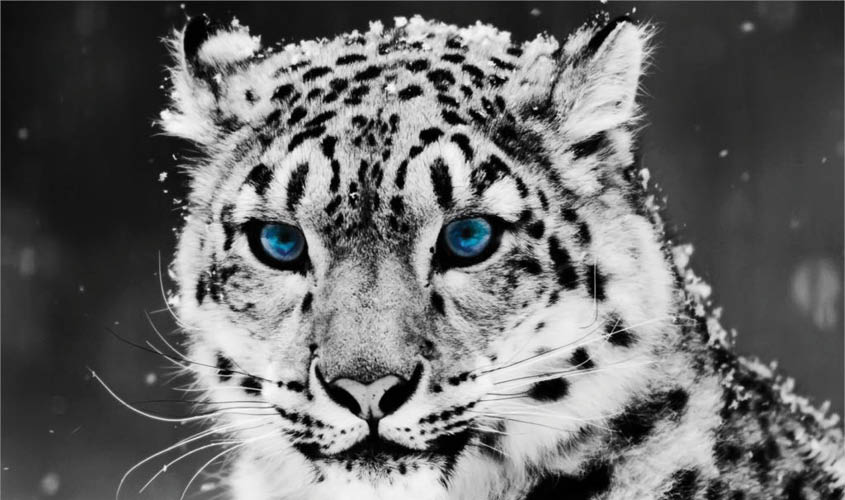Do birds and animals have souls? As the UK Guardian and innumerable other publications and people have pointed out over the years, “It has proved a tricky problem for even the best theologians and philosophers down the ages…” Apart from personal experiences of a wide category of individuals, several of the “great faith traditions emphatically believe in the ensoulment of animals and birds”. I myself have written earlier about some of my pets who were reincarnated souls, of a priest in one case. But others do not share the belief that animals or birds have souls or an afterlife. “Some religions, especially those believing in reincarnation, believe animals and birds also possess a soul. Some religions argue against the idea. Many people admit they simply do not know the answer to that question. Is there any evidence to prove the question one way or another?” questioned the unique Manataka American Indian Council in an interesting feature.
It went on to quote Matthew McDermott, a senior writer for www.treehhugger.com and www.planetgreen.com. “The traditional Western scientific view—that animals are little more than unthinking, unfeeling biological machines, sharply distinguished from humans—is being upended. Though that process is certainly far from complete,… a conference of neuroscientists at the University of Cambridge, UK, produced ‘The Cambridge Declaration on Consciousness.’ Publicly proclaimed on July 7, 2012, it basically states that animals and humans are conscious and aware to the same degree as one another.”
An interesting survey of the forty major religions of the world and other philosophies gathered fascinating information. For instance, it was found that “uncertainty exists in each church about whether animal/bird souls are immortal”. The Mormons (1810 CE) belief about the souls of animals/birds was reflected by Melanie Cooper, a spokesperson for the Church of Latter Day Saints: we believe that animals existed as spirits, as did humans, before they came to earth…” Buddhists believe all souls, including those of animals and human beings rejoin the universe after death
Matthew Mcdermott has made the important observation that the worlds of biological research and animal rights advocacy are becoming more closely aligned with traditional Hindu views on the relationship between animals, humans and existence itself. “The evidence”, writes Mcdermott, “calls for a new paradigm in our relationships with other creatures, one that is rooted in the ancient Hindu values of ahimsa and karunya—non violence and compassion.” Swamini Svatmavidyananda, Resident acharya of the Arsha Vijnana Gurukulam, founded by Swami Dayananda Saraswati , explains that the same jiva can be in a human body in one life and be incarnated as an animal in the next. Whether one has a human or an animal incarnation is due to one’s karmic residues… “Animals are also manifestations of Brahman, as are humans. Seen from this view, there is no difference between the two. However, from the standpoint of the forms themselves, there is a difference in the extent of self-awareness, in terms of free will…”
Both Swamini Svatmavidyananda and Dr. Arvind Sharma, Birks Professor of Comparative Religion at McGill University, whose work focuses on comparative religion, Hinduism and the role of women in religion have said in different ways that though the modern animal rights community differs in many respects from Hindu thought, both share the basic understanding that the distinctions between humans and other animals are really a matter of degree rather than of kind.
Sharma says: “In Western thought the distinction between the animal and the human is maximised, whereas in Hindu thought it is minimised. This even applies to moksha, liberation. While a human incarnation is the state from which liberation is most accessible, that doesn’t mean that animals/birds too cannot achieve liberation—even if, because they are often too concerned with the business of living and dying, with expressing their animal instincts, to achieve this state.” The famous example of Lakshmi, the cow who lived at Ramana Maharshi’s ashram in Tamil Nadu is cited. “She died in the presence of the great sage, who proclaimed, to the somewhat surprise of his disciples, that Lakshmi had become liberated. Asked if he was using the term literally or metaphorically, Ramana Maharshi replied that he was indeed using it literally.”
However, just as there is no concrete evidence that humans do or do not have a soul, neither scientific studies nor a survey of world religions show rock-solid evidence to prove that animals or birds do or do not have a soul. Yet going by the amount of debate on the subject, whether animals or birds have a soul and an after life and whether they’re reincarnated is a question that is far from trivial.John Horgan wrote in his article “We Have Souls, and So Do Crows” in the Scientific American: “Our world, I suspect, teems with an infinitude of souls, human and inhuman, springing into being and vanishing moment by moment.”Thoughtco.com too echoes the feelings of many animal and bird lovers. “Most of us can›t picture a paradise of unspeakable beauty without flowers, trees, and animals. Would it be heaven for an avid birdwatcher if there are no birds? Would a fisherman want to spend eternity with no fish? And would it be heaven for a cowboy without horses?” It then narrated the story about the elderly widow whose beloved little dog died after fifteen faithful years. Distraught, she went to her pastor. «Parson,» she said, tears streaming down her cheeks, «the vicar said animals have no souls. My darling little dog Fluffy has died. Does that mean I won’t see her again in heaven?» «Madam,» said the old priest, «God, in his great love and wisdom has created heaven to be a place of perfect happiness. I am sure that if you need your little dog to complete your happiness, you will find her there.» Maybe the myna I wrote about in the previous column also now resides in paradise.

